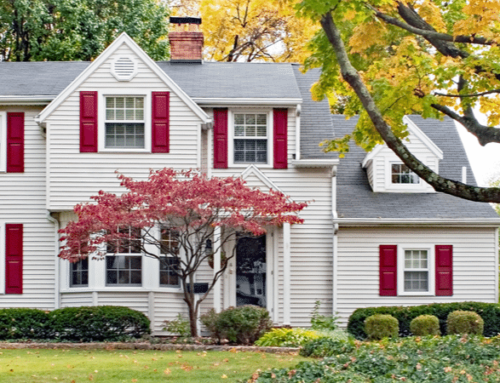Q: In a 1031 tax-free exchange, can we use a medical release to move into a house sooner than the one-year required rental time?
My husband has become disabled and we need to move into the house that we purchased in the exchange now rather than waiting for the one year rule to expire.
I can’t seem to get an answer from the exchange people or the real estate people.
A: A 1031 tax-free exchange is an exchange of one property for another like-kind revenue-producing property. Section 1031 of the Internal Revenue Code provides the rules that must be followed if you want to defer paying tax on the sale of one business producing property when you buy another.
The purpose of a 1031 exchange is to permit the sale and purchase of investment property without having to pay tax on the gains on the sale of the original property. If you have owned a building for many years and want to sell it, you can without paying taxes on the gains. But you must follow the strict rules set up by the Internal Revenue Code and purchase a replacement property within a certain number of days and the replacement property’s cost must be higher than the sales price of the old property.
In a nutshell, you are selling one income producing property to buy another income producing property. You are not allowed to use the 1031 exchange mechanism when buying or selling your personal residences.
In your letter, you mentioned a one-year rule and must have been told by someone that you have to keep the new property as an income-producing property for at least one year.
Generally, the safest bet is to keep the property for two years. There are a number of practitioners in the 1031 exchange area that will also tell you that upon the purchase of the new property you must have had the intent to buy it and keep it as a commercial property. They would claim that if your intent changed after the sale, you would be ok.
Your husband’s disability surely is a hardship on you and your family, but there is no provision in the 1031 exchange rules relating to this hardship. If you move into the house that you purchased in the 1031 exchange and make it your primary residence you run the risk that the IRS will disallow the 1031 exchange and have to pay tax on the gains. In your situation, you may not have a choice and will have to take the risk.
Keep in mind that the IRS has not set hard and fast rules as to how long you have to keep the new property as income-producing. Some practitioners say that if you change your mind after the sale and make it into your primary residence you will be fine while others believe that the only safe route is holding it for two years.
For further details, please consult a tax attorney.






Leave A Comment